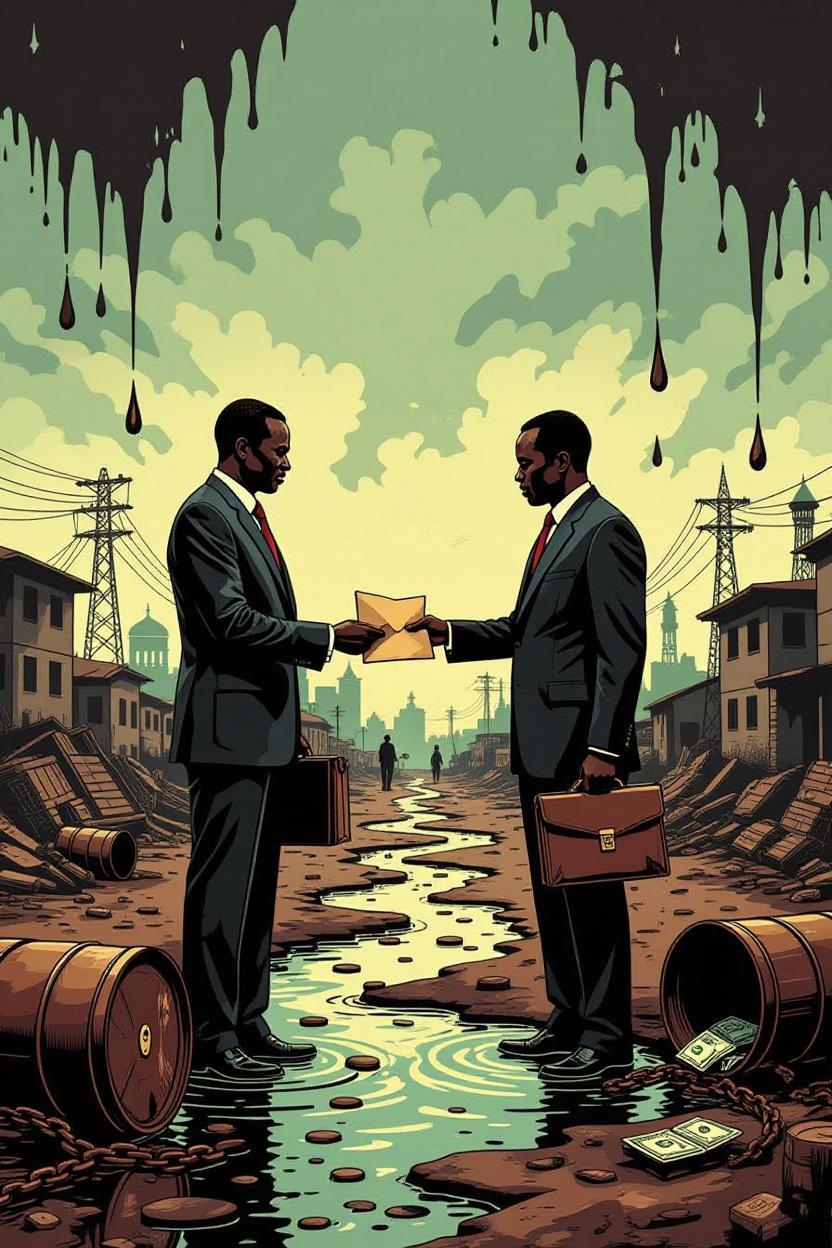BY OLUWASORE ALAB
President Bola Ahmed Tinubu recently claimed that there is “no more corruption” in Nigeria since he assumed office. Speaking at a meeting with Brazilian investors and government officials in Brasília, the President praised his administration’s reforms, stating that economic changes are “blossoming” and that transparency now defines key institutions like the Central Bank.
While these statements may aim to reassure foreign partners, they clash with the daily experiences of many Nigerians and recent developments back home. Despite the optimism shared during his visit, the reality in Nigeria remains far more complicated.
President Tinubu’s declaration that “no more corruption” exists under his leadership does not reflect ongoing investigations and public concerns. Just this year, a Senate committee questioned over ₦3 trillion in unaccounted federal spending. Additionally, the suspended Minister of Humanitarian Affairs and Poverty Alleviation, Betta Edu, remains under investigation over alleged misuse of social intervention funds. These cases suggest that corruption, though possibly reduced in some areas, is far from eliminated.
The President also mentioned improvements at the Central Bank of Nigeria (CBN), claiming that foreign exchange is now accessible without personal connections. However, the naira continues to suffer severe instability, and businesses still report difficulty obtaining forex at official rates. The parallel market remains active, and Nigeria’s inflation rate, now hovering around 30%, shows that economic stability is still out of reach for many.
Tinubu acknowledged that his reforms were “initially painful,” pointing to subsidy removal and naira devaluation. But for many Nigerians, the pain has not eased. Fuel prices have tripled since subsidies were cut, and transportation costs have skyrocketed.
His administration’s promises of relief measures have largely fallen short. Millions still wait for promised food support, cash transfers, and energy subsidies. Labor unions have repeatedly threatened strikes, accusing the government of failing to protect workers and the poor.
While it is not uncommon for leaders to present a polished image abroad, such sweeping statements about the end of corruption risk undermining credibility.
Economic opportunities may exist, but they remain untapped by the average Nigerian due to systemic issues that cannot be solved by rhetoric alone. Foreign investors will eventually see through the difference between policy announcements and actual conditions.
President Tinubu’s push for stronger ties with Brazil, especially in manufacturing and renewable energy, is a welcome move. Nigeria desperately needs diversified partnerships and foreign investment. But to earn trust, both domestically and internationally, the government must pair promises with measurable progress.



























